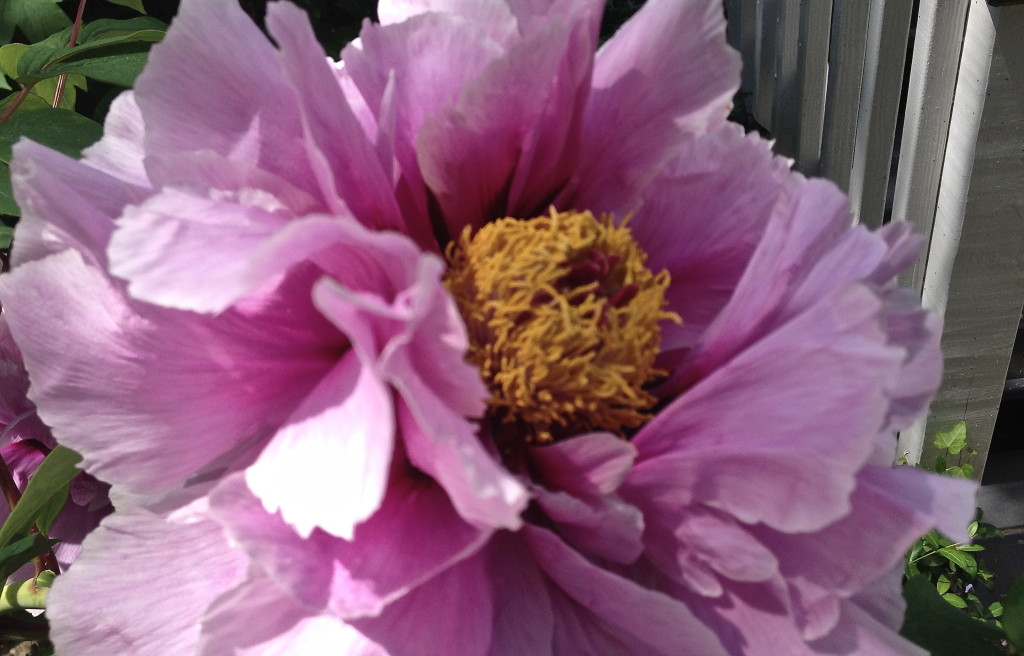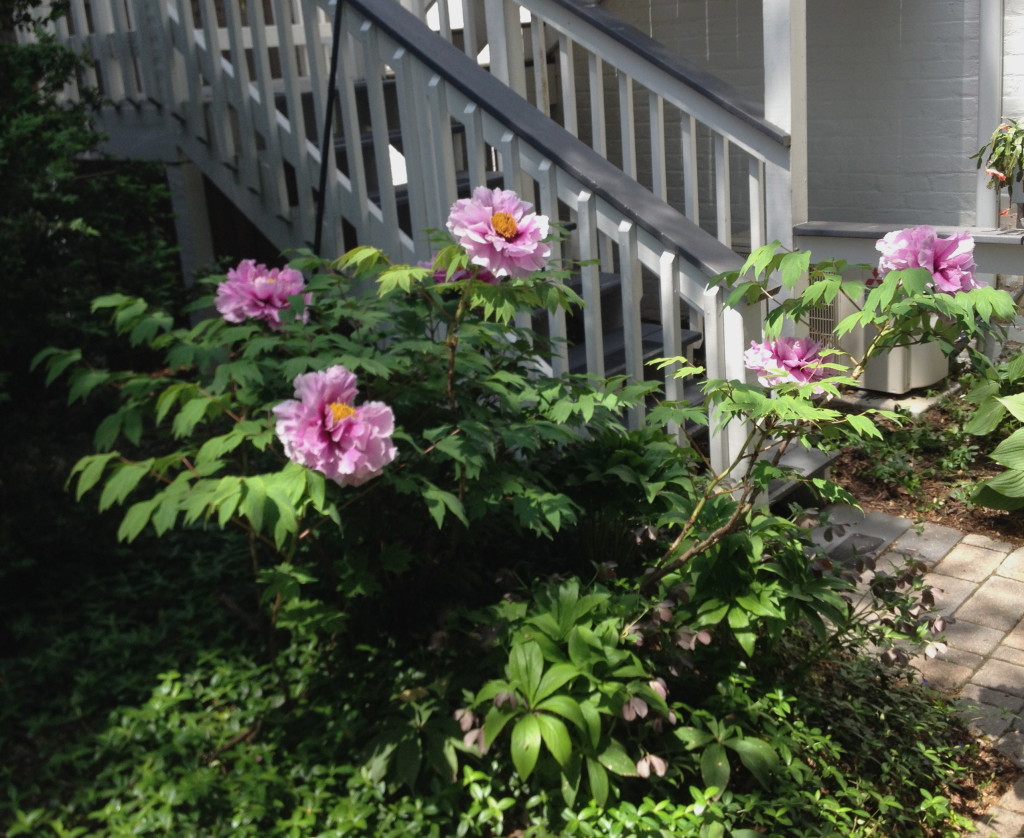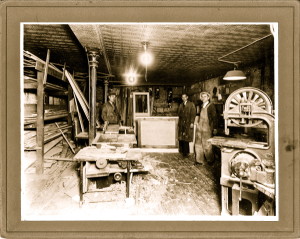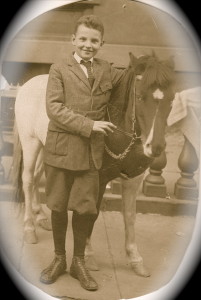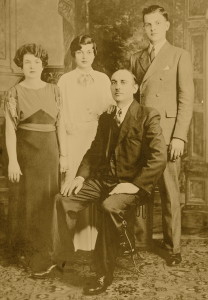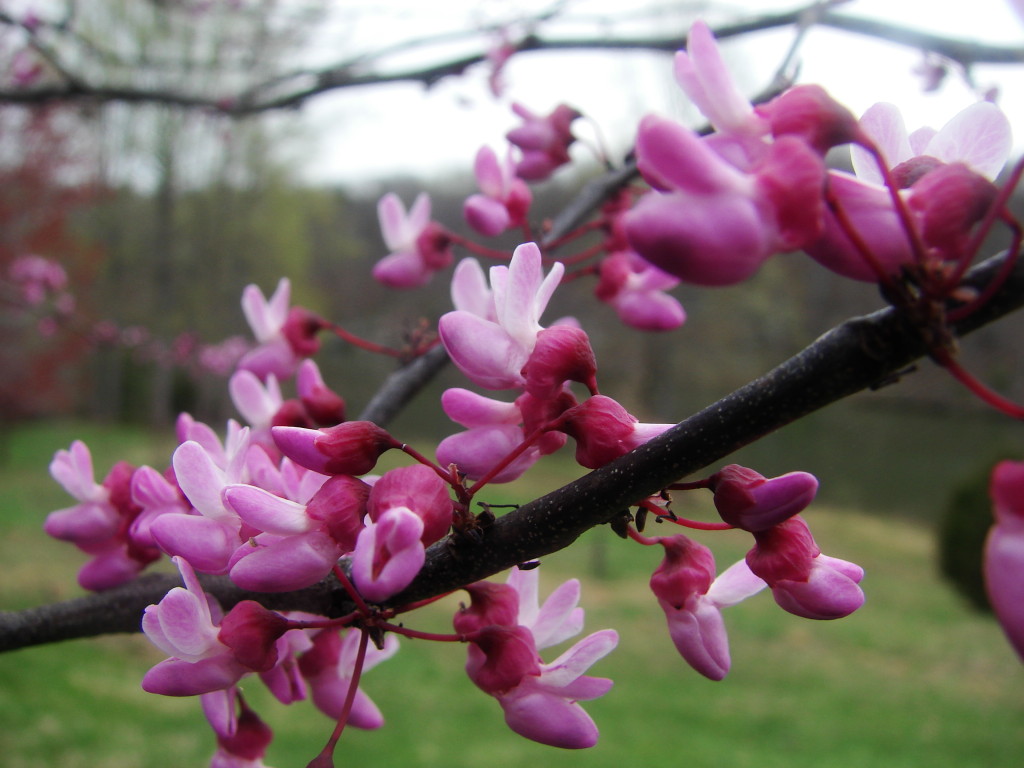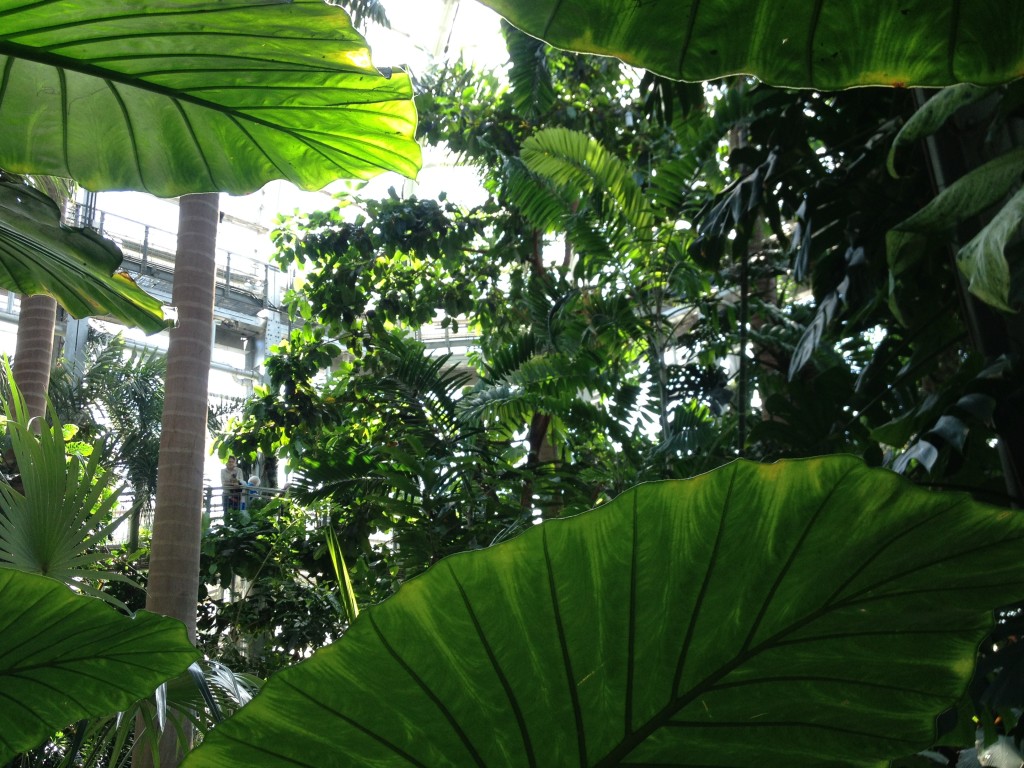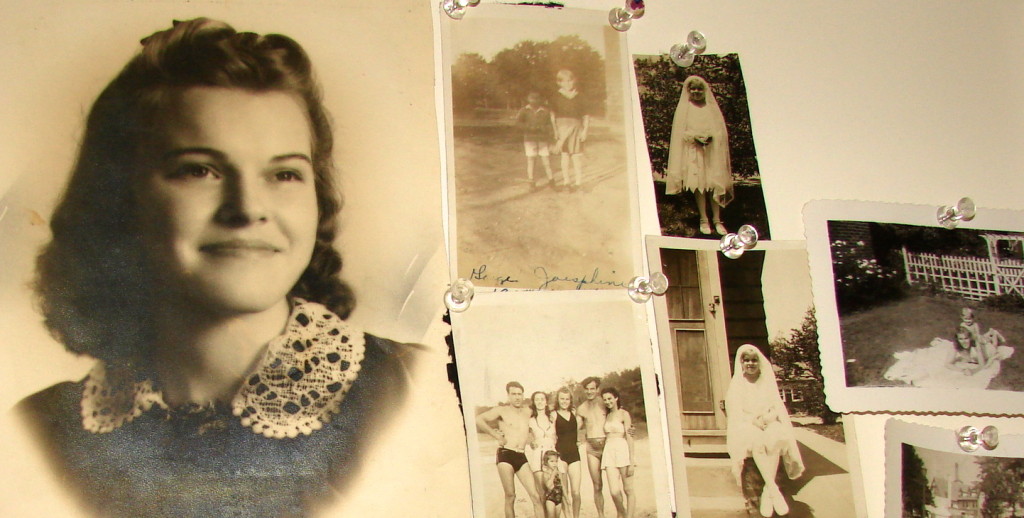 In October of 2012, I took a trip up to Long Island to scatter my mother’s ashes in the places she loved and had spent most of her life. She had died in 2007. Unable to deal with the anger and rage she caused me during her last seven years of life, I tucked her ashes away on the top shelf of a dark closet. It took me until just a few months before that trip to understand what had happened between us and why. I found forgiveness for her in a journey of memory I took through our history together. I found out things I hadn’t known about my mom or me.
In October of 2012, I took a trip up to Long Island to scatter my mother’s ashes in the places she loved and had spent most of her life. She had died in 2007. Unable to deal with the anger and rage she caused me during her last seven years of life, I tucked her ashes away on the top shelf of a dark closet. It took me until just a few months before that trip to understand what had happened between us and why. I found forgiveness for her in a journey of memory I took through our history together. I found out things I hadn’t known about my mom or me.
As I scattered the last of her ashes in places where she’d spent time as an adult and a child, I felt lighter and happier than I’d been in a long time. My rage was gone and I was able to pick up the pieces of my life and put it back together.
A month or so after returning home from that “letting-go” trip, I began reorganizing my studio. I found a small tin tucked away in a corner and upon opening it I discovered another tiny plastic bag filled with her ashes. I took those remains and placed them on the ground around a tree peony that grows just outside my studio door. It had been transplanted a few years earlier and hadn’t adjusted well to its new location. At the time I asked Mom to help that beautiful plant to grow strong and tall.
